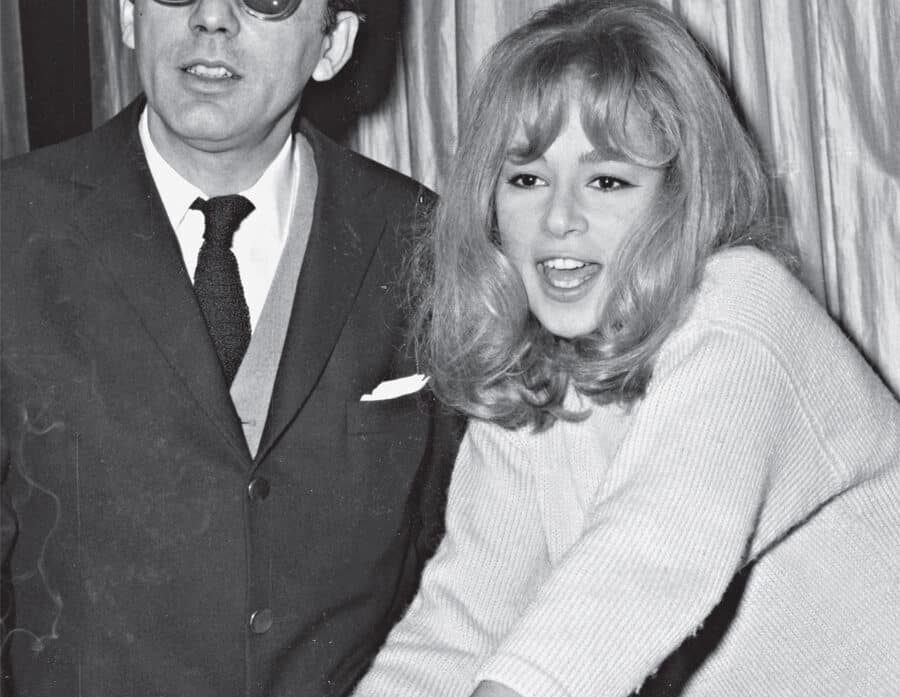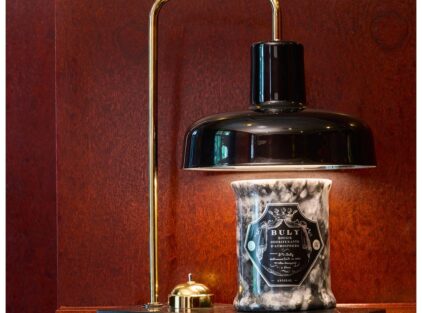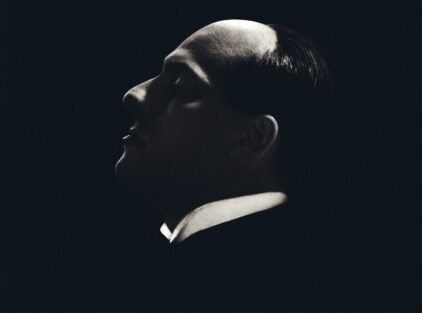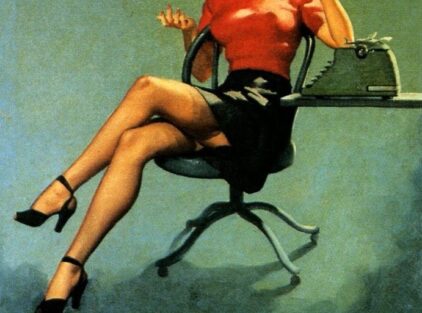By Christos Zampounis
Beyond his interpretative skill and his irresistible charm, Dimitris Horn passed into the collective subconscious for the elegance of his existence. Not of Appearance, but of Being. If he lived in Italy he would be the same name as Marcello Mastroianni. In France, by Yves Montand. In the UK, by Michael Caine. In the USA, by Robert Redford.
“Le style c’ est l’ oubli de tous les styles”, said Jules Renard. “Style is to forget all styles.” In the case of Dimitris Horn, we forget all the rest. Looking again at the poor bank clerk in Giorgos Tzavellas’s film “We only have one life”, as well as the penniless Andreas in “Woe to the youth”, it is impossible not to notice the sprezzatura, that is, the ability to achieve something very difficult, but at the same time make it look easy. His aristocratic, by the standards of the time, parentage largely accounted for this meticulously slovenly demeanor. The naturalness that avoids exaggeration. The underlit charm. The effortless effort. I remember at the end of the 70s Dimitris Horn sitting at the next table at “Antonopoulou”, in Glyfada, in the company of Konstantinos Karamanlis. I won’t forget the sparkle in his eyes, but also the liveliness in his expression, which made the then, otherwise sullen, prime minister laugh out loud. Horn was not a courtier. Rather the opposite.
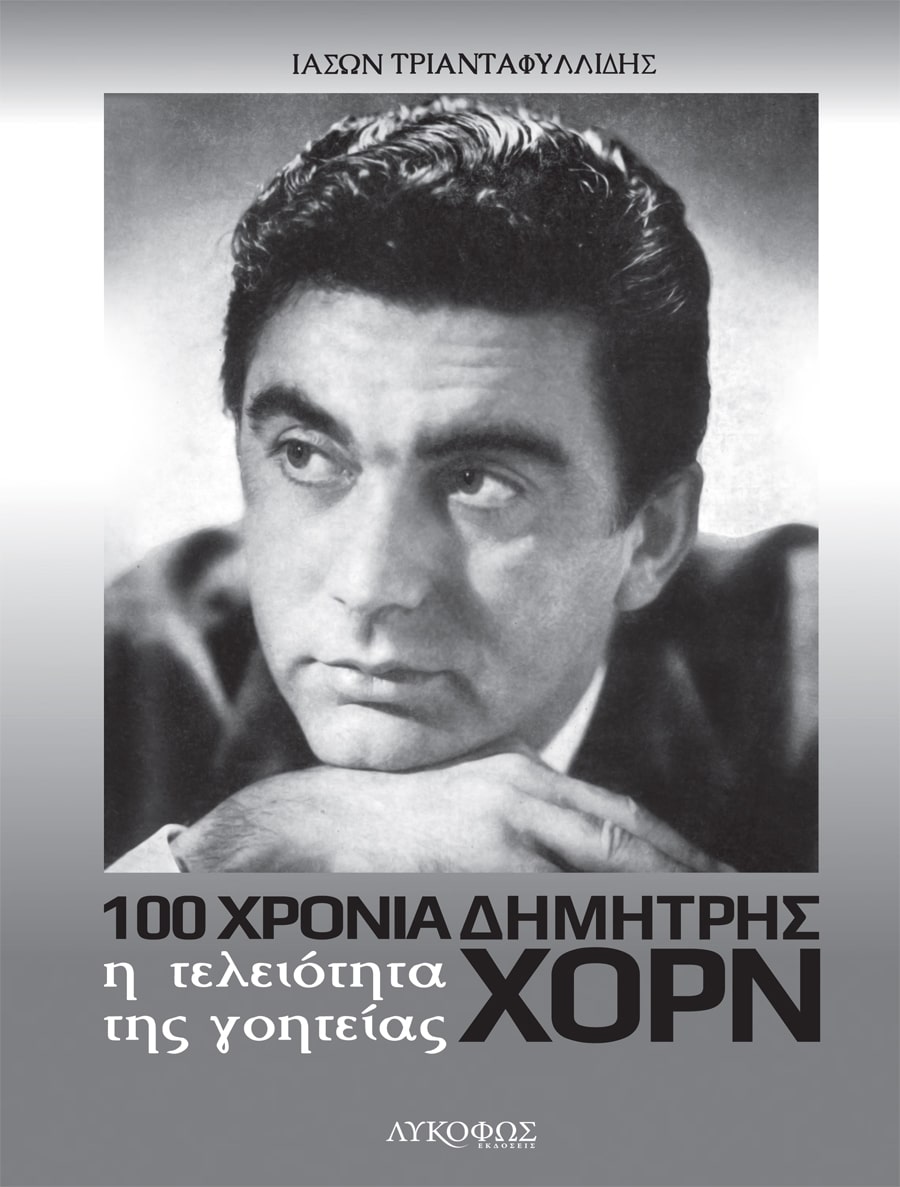
In an interview, knowing that he would not please his friend from Serres, he did not hesitate to declare: “I consider politics to be a worse thing than being a theater actor.” Nor would anyone dare to consider him a narcissist, as he is accustomed to in his professional field. Also the opposite. “When I see myself on the screen, I wonder if there are people who come and see me.” He had a sense of derision, of self-mockery, repeating the phrase, “I would not applaud myself.”
Among the leading actors of the Theatre, he had the wisdom to stop in time, in 1984, keeping his legend on stage intact. He was an infant when he first got on the stage, playing in his play-writer father Pantelis’ play “Neighbours”. His godmother was the famous Kyveli, who held him in her arms in the said performance. In the years that followed, he was not, like many of his colleagues, flattered by success. He refused to cash in on his fame by acting in films of dubious quality. He carefully chose the scripts that were offered to him, and therefore participated in only 10 film productions. His “kingdom” was the Theater, in which he allowed himself to know the triumph if we judge from the queues of each work he staged. Of course, he became a trouper, first with the prominent actor Giorgos Pappas, and then with his meant-to-be love, Elli Lampeti.
His elegance and his sense of humor were impossible to leave indifferent the female population, who besieged him. The lot for the second marriage of his life – the first was young and did not last long – fell to Anna Goulandris, of the well-known shipbuilding family. The two were to be one of the most compatible couples in Athenian high society for twenty years, until the latter’s death in 1988. Her loss devastated him. He shut himself up in his apartment on Vasileos Georgiou II street. The last image I have of him, when I hobbled to the threshold of his apartment building to visit a friend, was of a hunched, bioptrenic old man who, when I opened the front door and a flood of light came in, he looked up, and it was as he felt himself like again for a few seconds.
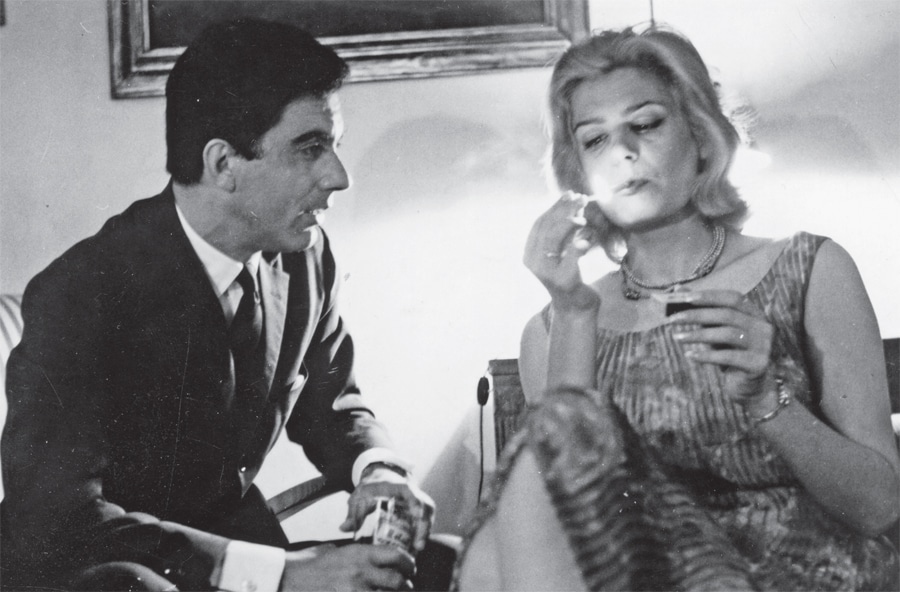
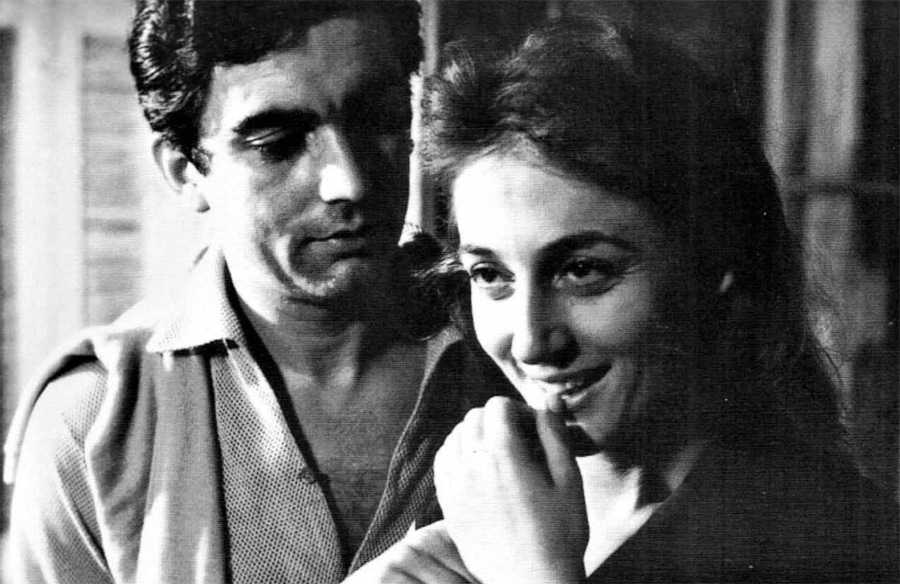
Photos Courtesy of Lykofos Editions
